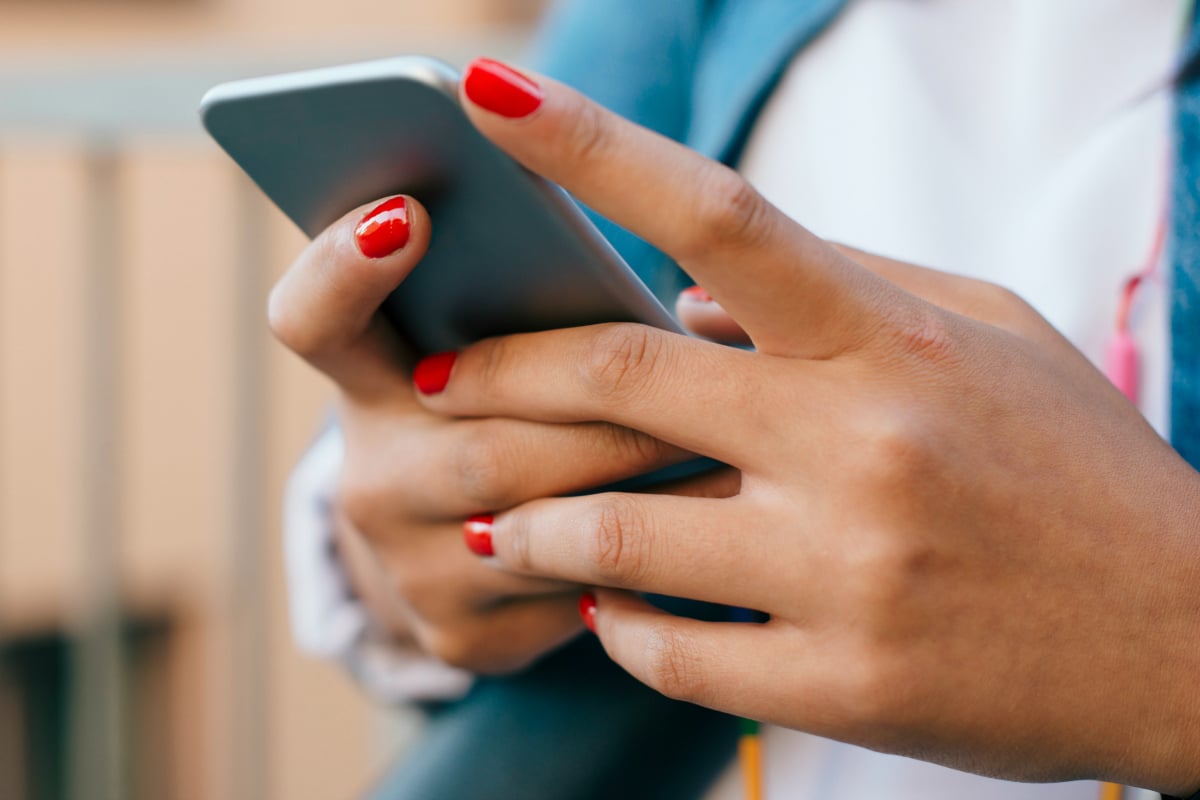
Mobile phones are a drug, and not just in a metaphorical sense.
Using a phone increases our levels of the feel good chemical dopamine, the chemical our brain rewards us with when we eat delicious food, have sex, engage in social interactions, exercise and take illicit drugs.
Posting a photo on Instagram and receiving likes, or receiving a text message results in dopamine hits without the hard work that goes into creating meaningful relationships or completing a difficult workout.
To paraphrase the words of Simon Sinek, allowing teenagers unbridled access to mobile phones and social media is equivalent to leaving the liquor cabinet open.
Research from San Diego University published in 2017 found that an increase in screen time resulted in depressive symptoms and increased risk of suicide. The study found that teens who spend over five hours a day online are 71% more likely to have a suicide risk factor, such as depression, or even a suicide attempt.
This week Newington College in Sydney’s Inner West banned mobile phones, as reported by The Sydney Morning Herald. They cited the reasons as lower concentration, higher stress levels and “warped views on reality”.
It’s a sensible and important decision, and one that I’m familiar with from my own time at school.
When I graduated in 2013, I had enjoyed my high school years in two different phone free schools.

Top Comments
I finished year 12 in 1997 and am incredibly grateful to have had all my school years without owning a mobile phone or use of the internet. Money can't buy that.
My school has just completely banned phones from 9-4pm. They can't be used at any time. The students were angry at first, but now they enjoy talking to each other at lunchtime and we have FAR less bullying going on. Phones are a serious addiction and we need them out of schools and bedrooms at night. Don't let your kids have their phone by their bed at night.